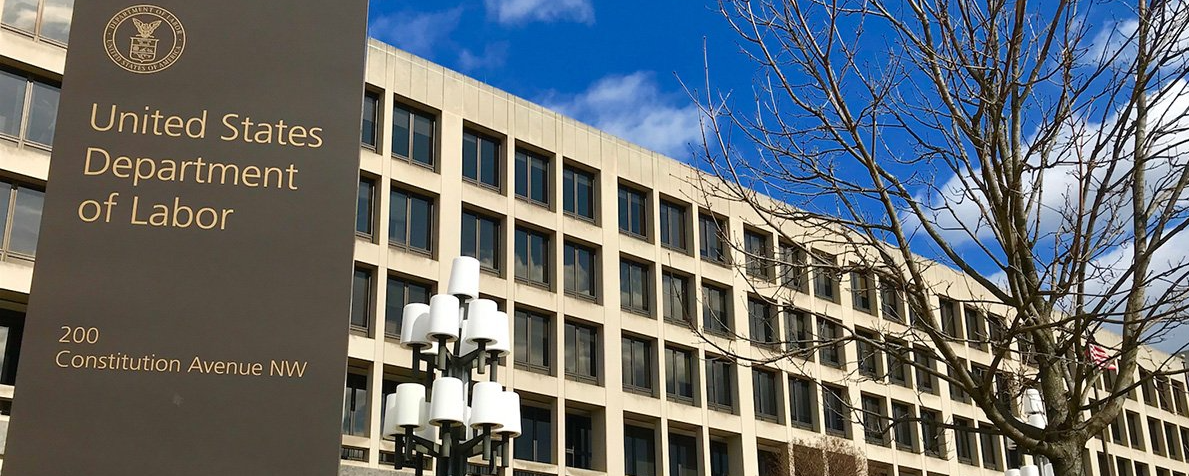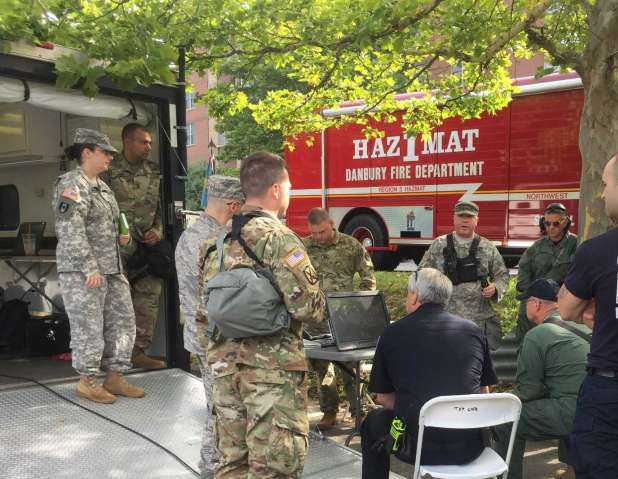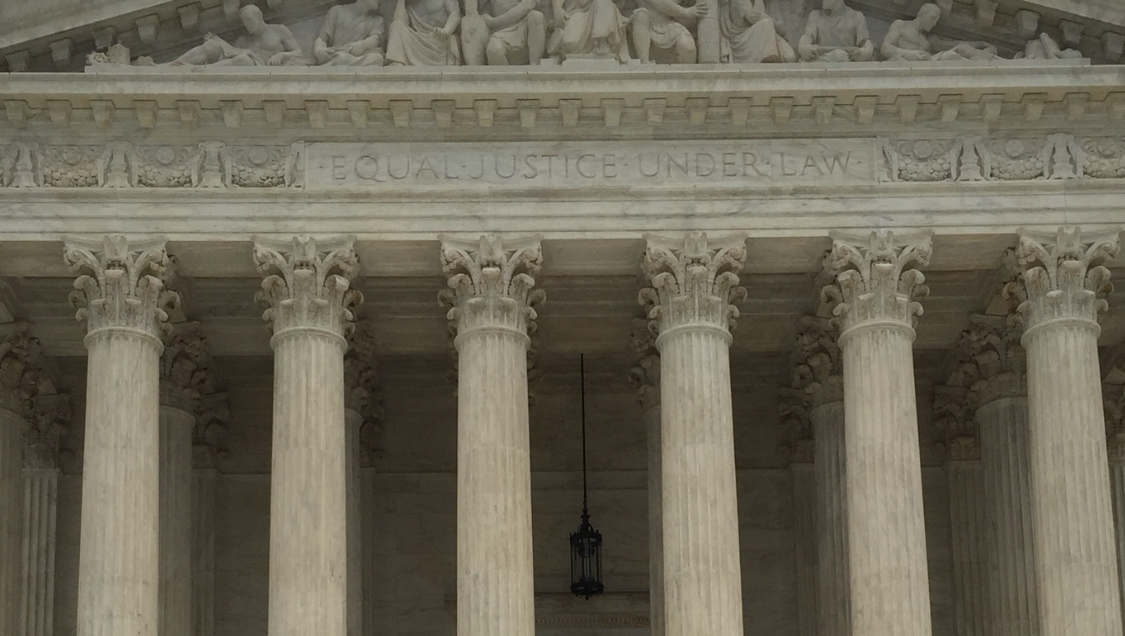The May 25, 2018 Trump EOs - what it means to you
In today's federal workplace, you must protect your career and benefits.
On May 25, 2018 President Trump signed Executive Order (EO 13839) which will significantly impact the federal work force and in particular the manner in which federal LEOs may negotiate disciplinary and separation issues. The order, named Promoting Accountability and Streamlining Removal Procedures Consistent with Merit Systems Principles, has the stated goal to ensure that “employees should be retained based on the adequacy of their performance, inadequate performance should be corrected, and employees should be separated who cannot or will not improve their performance to meet required standards.”
The order was immediately met with criticism by federal employee organizations who believe the Executive Branch is intruding into the administrative discretion of multiple federal agencies. Important elements of the order include:
Supervisors and deciding officials should not be required to use progressive discipline. The penalty for an instance of misconduct should be tailored to the facts and circumstances of the particular case.
When taking disciplinary action, agencies should have discretion to take into account an employee's disciplinary record and past work record, including all past misconduct -- not only similar past misconduct.
Agencies should prioritize performance or length of service when determining which employees will be retained following a RIF.
No agency shall subject to a grievance procedure or binding arbitration disputes concerning the assignment of ratings of record.
Agencies shall not agree to erase, remove, alter, or withhold from another agency any information about a civilian employee's performance or conduct in that employee's official personnel records, including an employee's Official Personnel Folder and Employee Performance File, as part of, or as a condition to, resolving a formal or informal complaint by the employee or settling an administrative challenge to an adverse personnel action.
The LEOS legal plan has successfully mitigated or obtained rescission of multiple disciplinary proposals over the last seven years based on defusing disciplinary proposals at the agency level and not requiring the involvement of the MSPB except in extreme cases. Strategies for defending against proposed discipline or removal may need to evolve as the Agency digests the presidential order and issues new regulations for administration of discipline. The prior policy embracing the use of progressive discipline may become secondary to the proposing official’s individual view of the specific conduct at issue in an investigation. Second step grievance procedures may also be streamlined or eliminated.
Once important change will be employees’ ability to negotiate terms of separation through the settlement or MSPB process. Previously, LEOS plan counsel has been successful in negotiating a “clean SF-50” as part of a settlement including separation. This order may eliminate use of that as a tactic or purpose for filing any MSPB appeal or with dealing with a potential removal.
The OPM Director is allowed 45 days from May 25, 2018 to determine whether existing regulations need to be revised or proposed to effectuate the principles of the order. Agencies are required, within 45 days of the order, to revise their discipline and unacceptable performance policies to conform to the principles and requirements of the order and to further revise policies within 45 days of any new final OPM regulations.
The entire order can be accessed at this link:
The playing field has been changed by this order. The LEOS legal plan and its attorneys will respond to any new regulations aggressively in an effort to protect the position of plan members under threat of disciplinary action.












